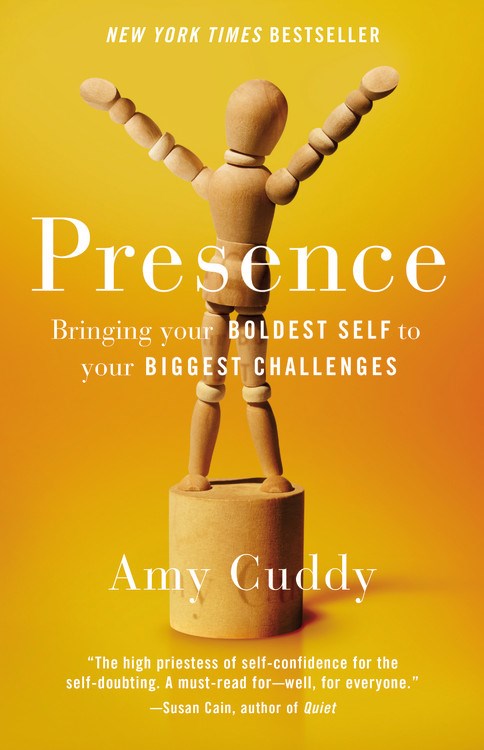Jack Covert Selects - Meatball Sundae
Meatball Sundae by Seth Godin, Portfolio, 256 pages, $23. 95 Hardcover, January 2008, ISBN 9781591841746
In Meatball Sundae, marketing guru Seth Godin explains that not all products are created equal in terms of marketing approach. In the old days of marketing, consumers really had no choice but to listen to whatever marketers, sales clerks, or the media ads wanted them to hear.
Meatball Sundae by Seth Godin, Portfolio, 256 pages, $23.95 Hardcover, January 2008, ISBN 9781591841746
In Meatball Sundae, marketing guru Seth Godin explains that not all products are created equal in terms of marketing approach. In the old days of marketing, consumers really had no choice but to listen to whatever marketers, sales clerks, or the media ads wanted them to hear. And for companies trying to promote a product, there were only a handful of media tactics to control. But things have changed, and the old target audience can fast-forward through commercials and block ads with TiVo, DVRs, and SPAM blockers. So, companies must turn to other media channels like YouTube, MySpace, Google, blogs and blog trackers. Consumers have adapted to hearing those messages from this new media and, Godin assures, there are plenty of consumers to target. But, he cautions against doing a new media patch job on any old product. Certainly we've all done it, tried to pass off something as different from what it is. Maybe it's growing a beard to cover a blemish or wearing black because it's slimming. But in the marketing world, that's like making a meatball sundae.
Godin refers to any kind of base company, product and/or service as meatballs. The new marketing tools and tactics--YouTube, Google, blogs--are the whipped cream with cherries on top that these companies think they should be using in this time of new marketing. Godin offers the Proctor and Gamble line of cosmetics, Reflect, as an example of how a meatball can get drowned in whipped cream. Six years of being in the red, P&G stopped production because their demographic did not want cosmetics from a small appliance company. Godin urges companies to be smart, and either find the ice-cream for their toppings, or just stick to meatballs without the sweets. Marketers can use Godin's 14 Marketing Trends, which include outsourcing, authentic product stories, the long tail, and the triumph of the big idea, among others.
Meatball Sundae is a wake-up call for companies to get rid of old ideas. I was captivated by the examples Godin uses to explain how the trends work, why the new marketing tactics don't work for many companies and how they can use this knowledge to grow and change along with the trends. This is a must-read for anyone who thinks that, by default, they have to use new media to sell their products.
